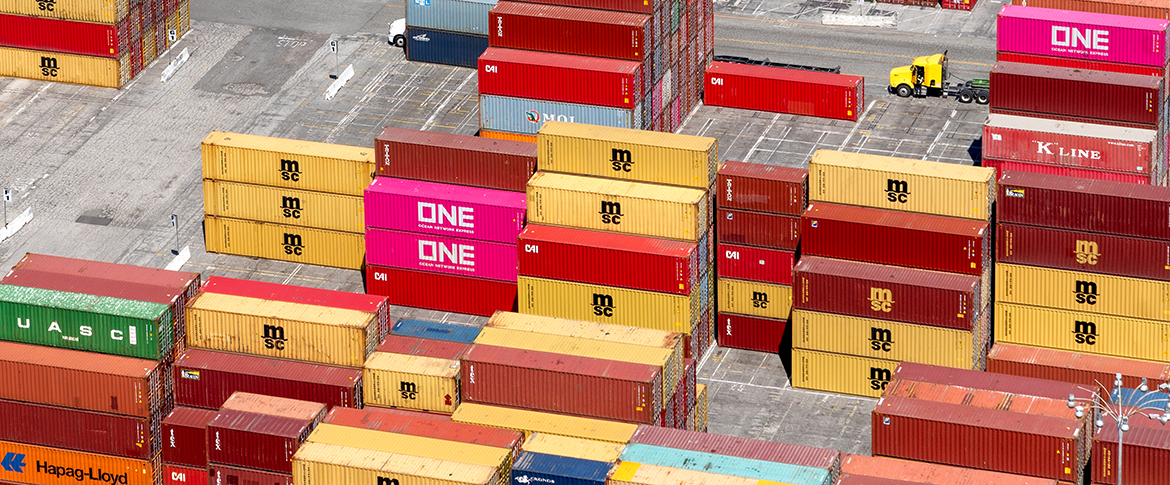
Amid continued progress on clearing out lingering cargo containers, officials at the ports of Long Beach and Los Angeles agreed to yet again postpone the start date of their “Container Dwell Fee” to June 24, the adjoining ports announced June 17.
The fee, which calls for ocean carriers to be charged for every import sitting at terminals past its allotted time, has been delayed every week by ports’ leaders who have been holding off on collecting on the fee based on how quickly imports are being picked up.
The latest data from the ports show a combined 38% drop in lingering cargo since announcing the program Oct. 25.
Under the fee structure, which is in place until July 28, ocean carriers would pay $100 for every container staying at terminals nine or more days, plus $100 increments every day for every import until it leaves the port complex.
The fee was created to address the growing stacks of cargo clogging up the nation’s two busiest seaports. According to the latest data from the Pacific Merchant Shipping Association, while the dwell time for cargo leaving by truck was down 13% in May, rail-bound cargo rose by 18% in the same month.
In May, truck-bound containers stayed an average of 5.3 days, down from 6.09 days the previous month, data show. Meanwhile, rail-bound cargo remained on terminals an average of
11.3 days, up from an average of 9.6 days in April, according to PMSA.
“Dwell times remain high in comparison to the two-three-day average before the pandemic related surge; however, it is good to see dwell time declining for local cargo,” Jessica Alvarenga, PMSA’s manager of government affairs, said. “Terminals are constantly unloading incoming vessels and need terminal space to do so. Terminals are not storage facilities for aging cargo and shorter dwell times are vital to keep cargo flowing.”

